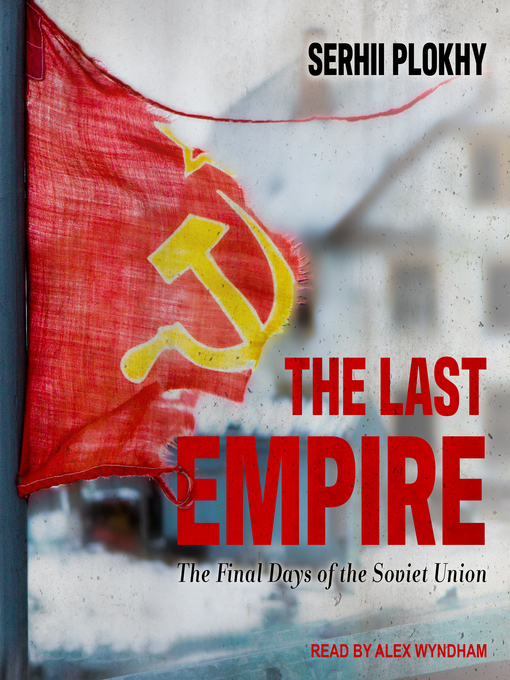- New Fiction
- All Fiction
- Thriller
- Mystery
- Romance
- Historical
- Fantasy
- Horror
- Inspirational
- See all ebook fiction collections
- New Nonfiction
- All Nonfiction
- Biography
- Cooking & Food
- History
- Self-Improvement
- Health & Fitness
- Business
- Travel
- See all ebook nonfiction collections
- New Fiction
- New Nonfiction
- All Fiction
- All Nonfiction
- Thriller
- Mystery
- Romance
- Fantasy
- Inspirational
- See all audiobooks collections

